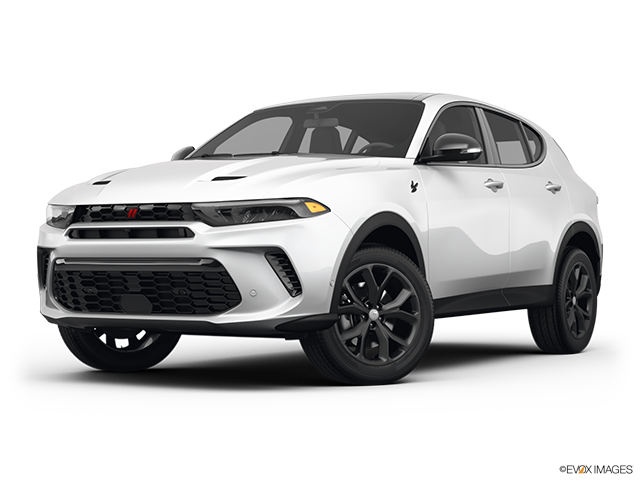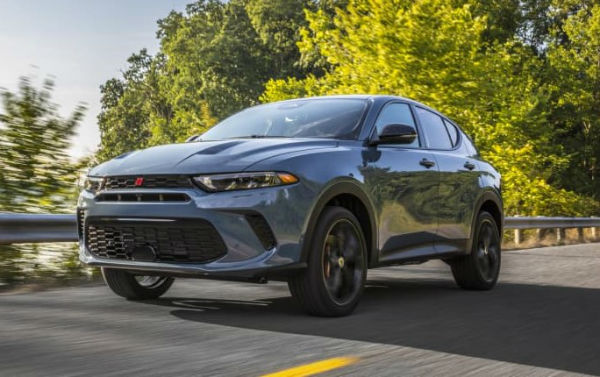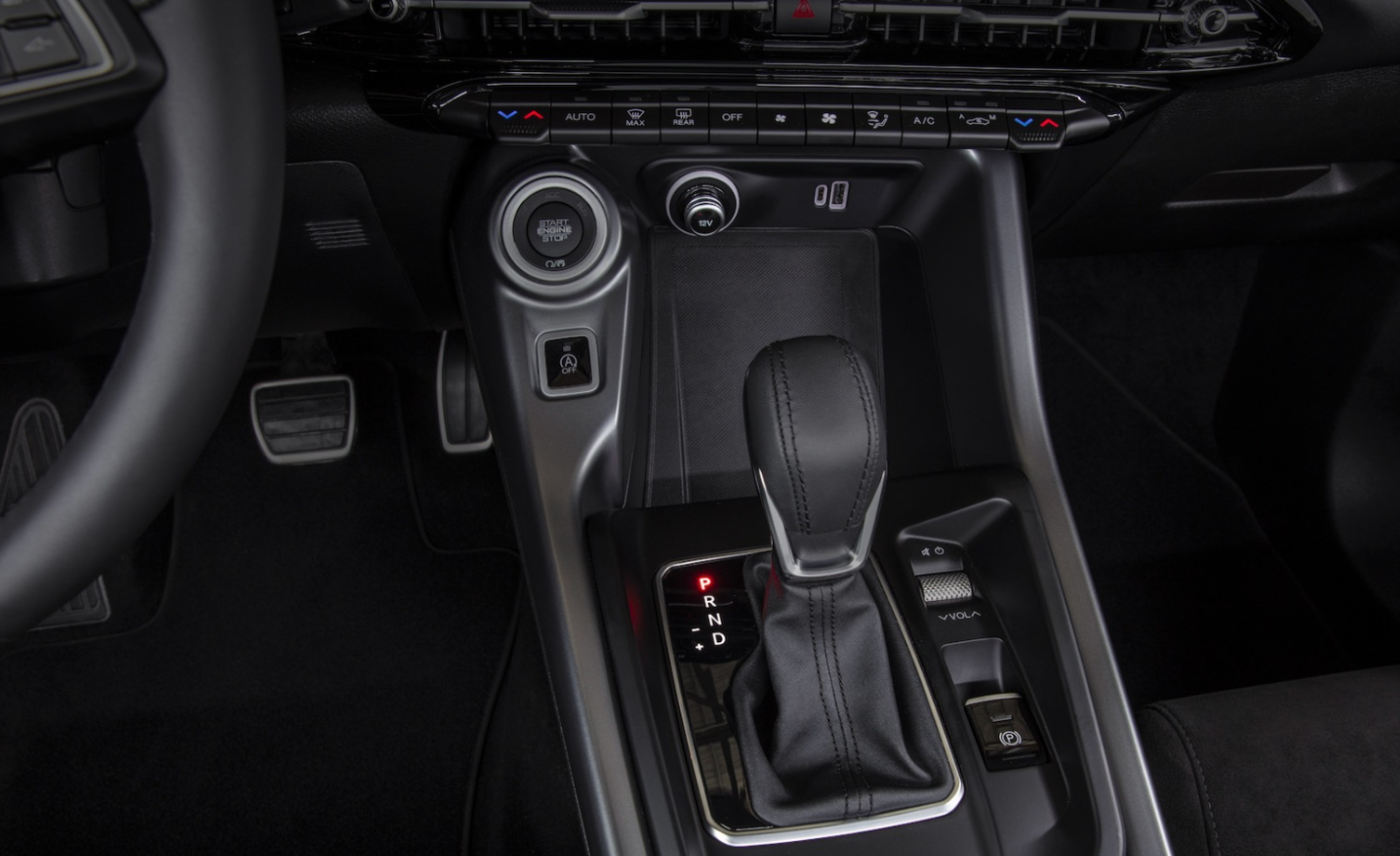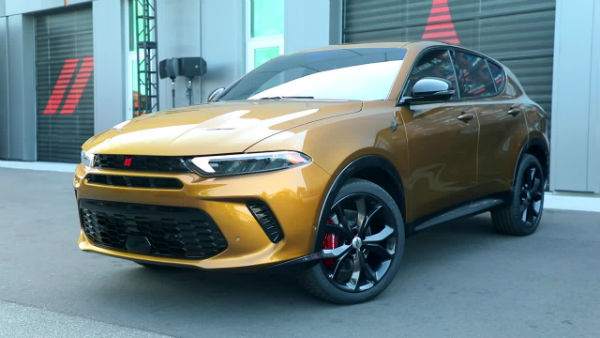The 2025 Dodge Hornet: A Look at Fuel Efficiency in a Performance-Focused SUV
The 2025 Dodge Hornet: A Look at Fuel Efficiency in a Performance-Focused SUV
Introduction
In this auspicious occasion, we are delighted to delve into the intriguing topic related to The 2025 Dodge Hornet: A Look at Fuel Efficiency in a Performance-Focused SUV. Let’s weave interesting information and offer fresh perspectives to the readers.
Table of Content

The 2025 Dodge Hornet: A Look at Fuel Efficiency in a Performance-Focused SUV
The Dodge Hornet, a compact SUV launched in 2022, has garnered attention for its sporty design and performance-oriented approach. While its initial focus was on driving excitement, the automotive landscape is increasingly emphasizing fuel efficiency. This leads to the question: what can we expect from the 2025 Dodge Hornet in terms of fuel economy?
Predicting the Future:
Predicting specific fuel economy figures for a future model year is challenging. Automakers constantly refine their powertrains and technologies, and regulatory changes influence fuel efficiency standards. However, we can analyze existing trends and industry developments to understand the potential for improved fuel economy in the 2025 Dodge Hornet.
Current Fuel Economy:
The 2023 Dodge Hornet offers two powertrain options: a turbocharged 2.0-liter four-cylinder engine and a plug-in hybrid system. The gasoline engine, paired with a nine-speed automatic transmission, delivers a combined fuel economy of 27 mpg. The PHEV system combines a 1.3-liter four-cylinder engine with an electric motor, achieving an EPA-estimated 84 MPGe (miles per gallon equivalent) and an all-electric range of 30 miles.
Potential for Improvement:
Several factors could contribute to enhanced fuel efficiency in the 2025 Dodge Hornet:
- Engine Optimization: Dodge could further optimize the existing gasoline engine for improved fuel efficiency. Advancements in direct injection, variable valve timing, and turbocharger technology can enhance combustion efficiency and reduce fuel consumption.
- Hybrid Technology: The PHEV system could be refined with a larger battery pack, offering a longer all-electric range and reducing reliance on the gasoline engine. Advanced hybrid technology, such as regenerative braking, can further improve fuel efficiency.
- Weight Reduction: Optimizing the Hornet’s weight through lightweight materials and design could directly impact fuel economy.
- Aerodynamic Enhancements: Improving the Hornet’s aerodynamic profile through design modifications could reduce drag and improve fuel efficiency.
- Advanced Drivetrain Technologies: Dodge could explore advanced drivetrain technologies like a continuously variable transmission (CVT) or a more efficient automatic transmission. These technologies can optimize engine speed and gear ratios for better fuel economy.
The Importance of Fuel Efficiency:
Fuel economy is becoming increasingly crucial for several reasons:
- Environmental Impact: Reducing fuel consumption directly translates to lower greenhouse gas emissions, contributing to efforts to mitigate climate change.
- Cost Savings: Higher fuel economy translates to lower fuel costs for drivers, resulting in significant financial savings over time.
- Consumer Demand: Consumers are increasingly prioritizing fuel efficiency in their vehicle purchases, driving manufacturers to focus on this aspect.
- Government Regulations: Governments worldwide are implementing stricter fuel economy regulations, pushing automakers to develop more efficient vehicles.
FAQs Regarding Fuel Economy in the 2025 Dodge Hornet:
Q: Will the 2025 Dodge Hornet be more fuel-efficient than the current model?
A: While specific figures remain unknown, it is highly likely that the 2025 Dodge Hornet will offer improved fuel economy compared to the current model. The automotive industry is constantly innovating, and Dodge is likely to incorporate advancements in engine technology, hybrid systems, and other fuel-saving features.
Q: Will the 2025 Dodge Hornet offer a fully electric option?
A: It is possible that Dodge could introduce a fully electric version of the Hornet in the future. However, the current focus seems to be on refining the PHEV system and maximizing its efficiency.
Q: What factors influence fuel economy in a vehicle?
A: Several factors impact a vehicle’s fuel economy, including engine size and type, drivetrain technology, weight, aerodynamics, driving habits, and road conditions.
Tips for Improving Fuel Economy:
- Maintain Regular Service: Ensure your vehicle is properly maintained, including timely oil changes, tire inflation checks, and air filter replacements.
- Drive Smoothly: Avoid aggressive acceleration and braking, as these actions consume more fuel.
- Plan Your Trips: Combine errands to minimize driving distance and avoid unnecessary trips.
- Use Cruise Control: Maintain a consistent speed on highways using cruise control to optimize fuel efficiency.
- Reduce Cargo Weight: Avoid carrying unnecessary weight in your vehicle, as it increases fuel consumption.
- Consider Fuel-Efficient Tires: Tires with lower rolling resistance can improve fuel economy.
Conclusion:
The 2025 Dodge Hornet is expected to offer improved fuel efficiency compared to the current model. The automotive industry is continuously evolving, and Dodge is likely to incorporate advancements in engine technology, hybrid systems, and other fuel-saving features. By focusing on fuel efficiency, the 2025 Dodge Hornet could provide a compelling combination of performance, technology, and environmental responsibility.







Closure
Thus, we hope this article has provided valuable insights into The 2025 Dodge Hornet: A Look at Fuel Efficiency in a Performance-Focused SUV. We hope you find this article informative and beneficial. See you in our next article!